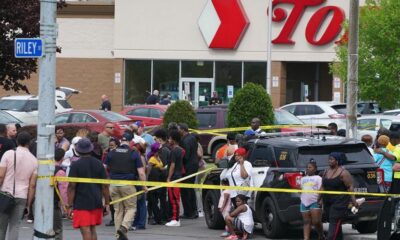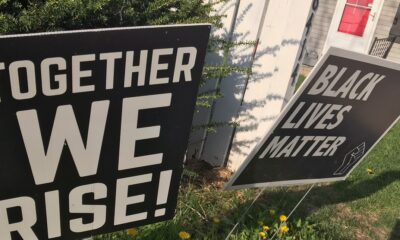News
America’s ‘Open Wound’ Still Festering on 99th Anniversary of ‘Black Wall Street’ Massacre
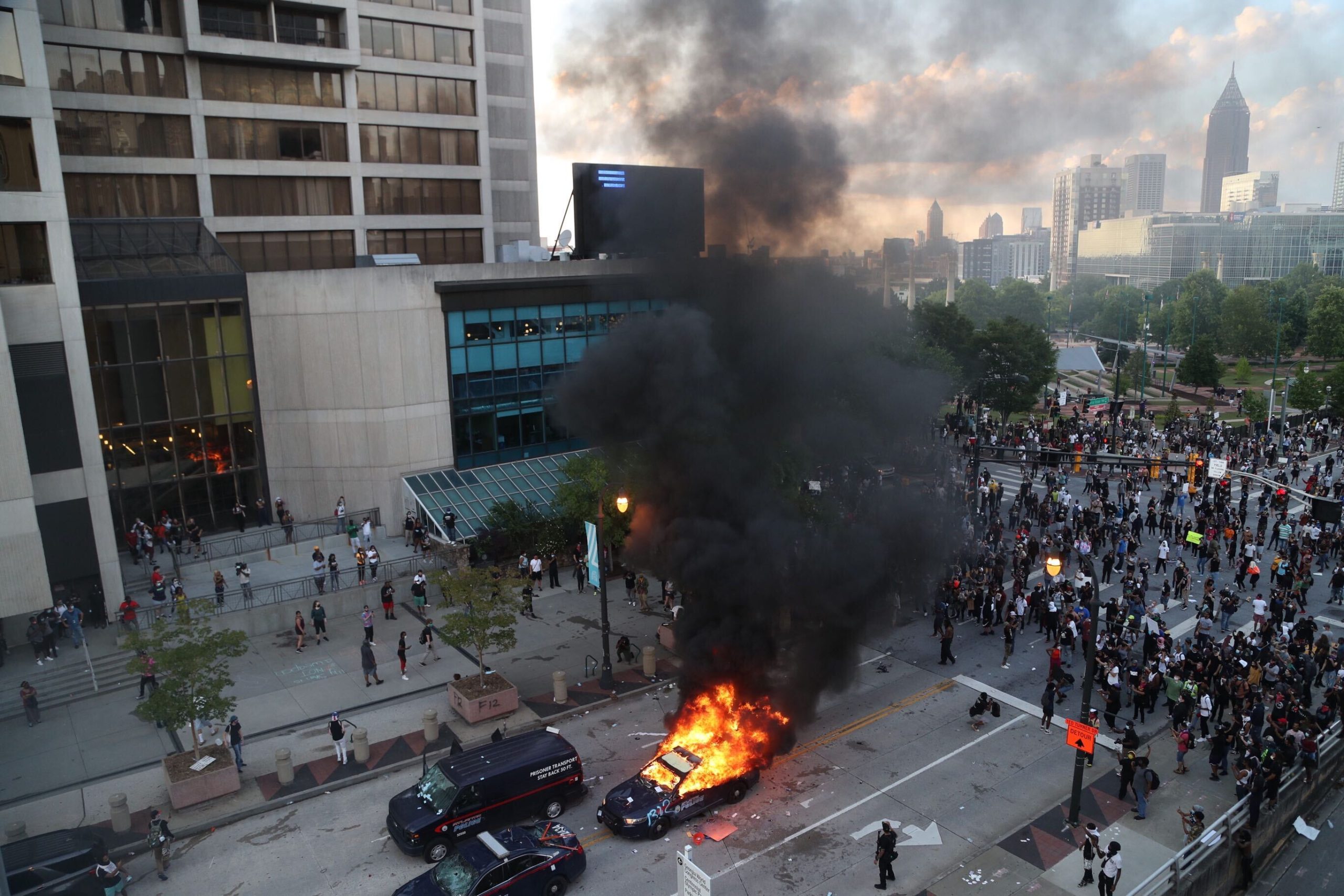
A cellphone captured the murder of an unarmed Black man at the hands of a white police officer in Minneapolis and the killing of another unarmed Black man shot by a Georgia father and son. Technological advancements now allow the world to see the injustice heaped upon Black Americans for generations, but the inhumane terror visited upon an entire race of people by whites is nothing new. And, due to the pandemic, a virtual commemoration of one of the country’s most violent racial episodes, the ‘Black Wall Street’ Tulsa Racial Massacre, will be held Sunday amid the backdrop of civil unrest across America sparked by the murder of George Floyd, unarmed and begging to breathe as the symbolic knee of oppression robbed him of his very life.
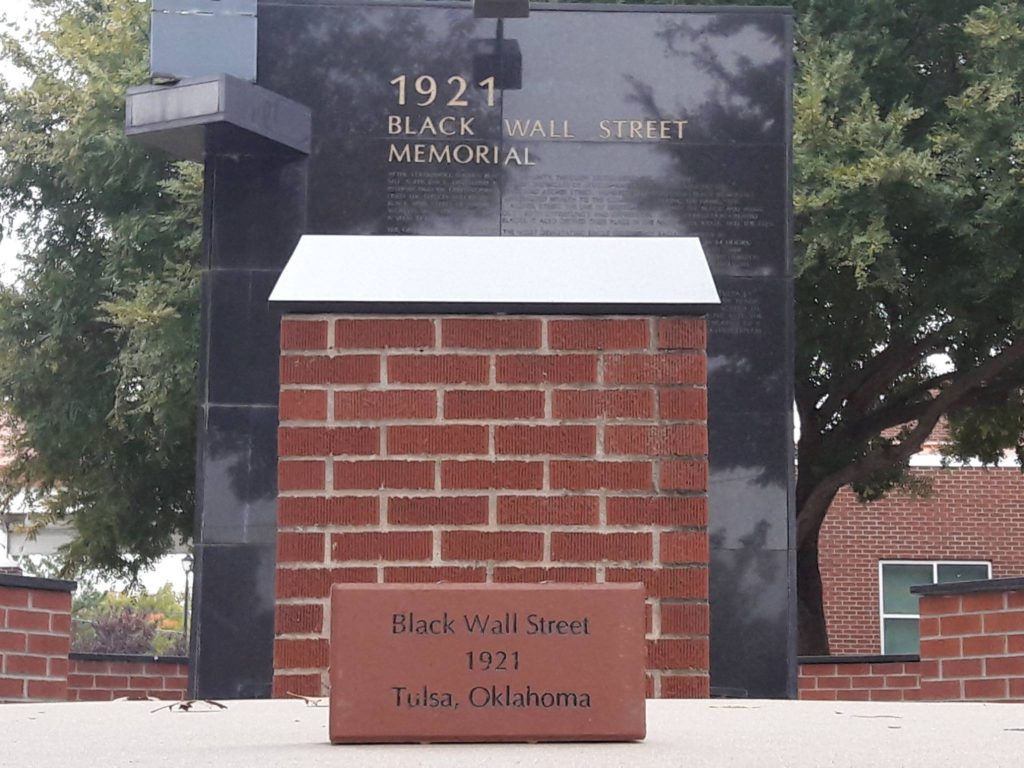
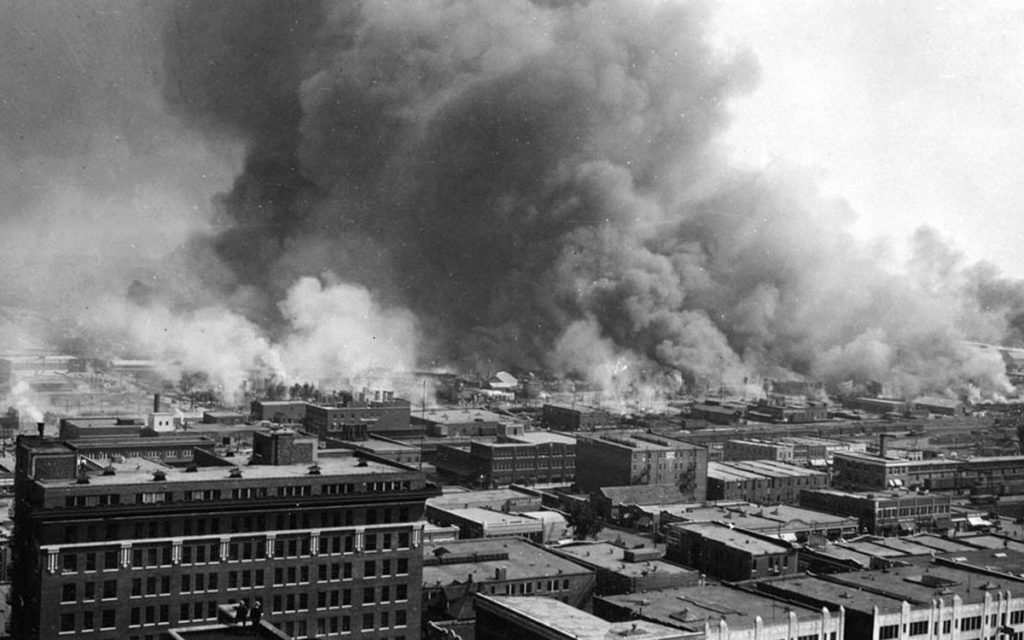
Almost 100 years ago this weekend, a mob of whites descended upon the Greenwood neighborhood in Tulsa, Oklahoma mobilized by a white woman’s false allegation that a young black man, Dick Rowland, sexually assaulted her when he entered an elevator at the Drexel Building in downtown, a threat so steeped in racism that it has survived until this day as demonstrated recently by a white woman in Central Park who employed the trope to impugn a Black man who asked that she obey the rules and leash her dog in an area designated for birdwatching. Perhaps, it was Christian Cooper’s videotaped version of the events which spared his reputation.
But in 1921, there were no smartphones, and a group of 75 Black men gathered at the local courthouse to protect Rowland from angry whites. A confrontation shattered the pretense of peace, and the band of white men headed for what was widely considered one of America’s wealthiest Black neighborhoods, an early twentieth century testament to excellence once ascribed only to whites.
For 18 hours the mob ravaged the area, destroying homes, businesses, and churches. They killed men, women, and children. Estimates range from 30 to 300 while thousands of survivors fled or were left homeless. In December archeologists from the University of Oklahoma started digging in Oaklawn Cemetery for a mass grave believed to hold the bodies of victims.
As looters came under fire in Minneapolis, a chorus of Twitters users versed in the details of the Tulsa Riots used history to indict the critics.
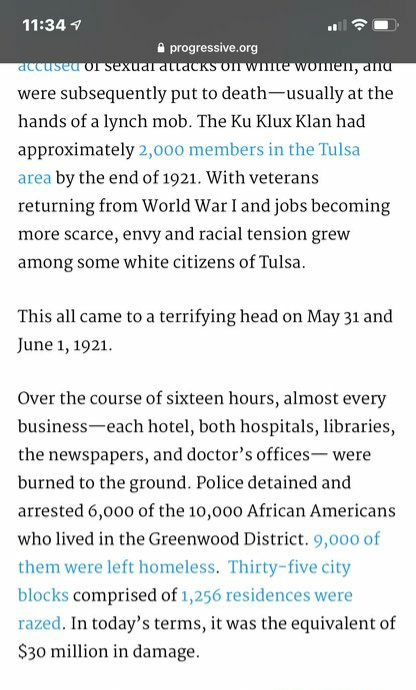
Sunday’s virtual remembrance will be hosted by The Tulsa Race Riot Commission. Plans are also well underway for the centennial commemoration in 2021. When the Tulsa Race Massacre Centennial Commission was formed in 2019, Rev. Jamaal Dyer said, “It’s not just African-American history. It’s American history, and we should all work towards making sure it doesn’t happen again.”
Almost a century after Tulsa, America has clearly not done enough to ensure racial injustice is, indeed, history. Instead, it keeps happening. And, it will until its citizens care enough to create a society where every single life is valued regardless of “race, color, or creed“.
.
Photo Credit: Atlanta-Journal Constitution
Image Credits: Photo Credit: Atlanta-Journal Constitution.

-
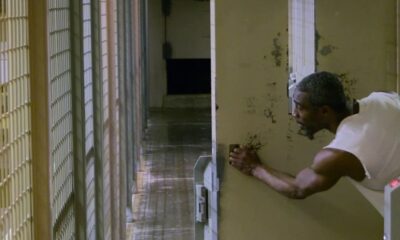
 Featured12 months ago
Featured12 months agoArkansas Sheriff Who Approved Netflix Series Says He Stayed ‘In His Lane’
-
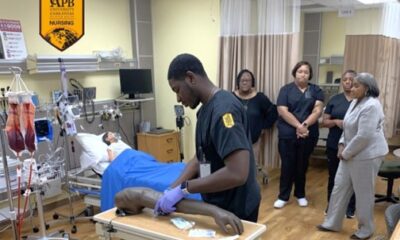
 HBCUS12 months ago
HBCUS12 months agoSenator Boozman Delivers $15 Million to Construct New UAPB Nursing Building
-
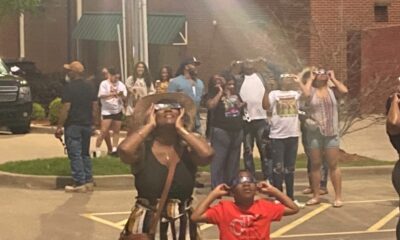
 News12 months ago
News12 months agoMillions In the Path of The Total Solar Eclipse Witnessed Highly Anticipated Celestial Display
-

 Featured9 months ago
Featured9 months agoCalifornia Is the First State to Create A Public Alert for Missing Black Youth
-

 Featured9 months ago
Featured9 months agoAfrican American Leaders Stay the Course Amid Calls for President Biden To Bow Out of Race
-

 Featured9 months ago
Featured9 months agoThe Debate Fallout Lands on Both Candidates




